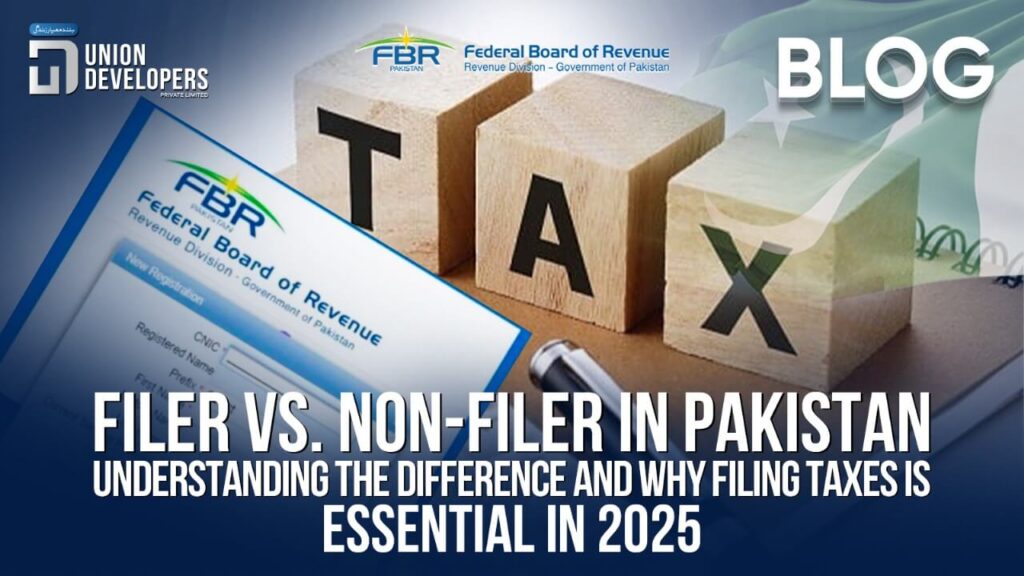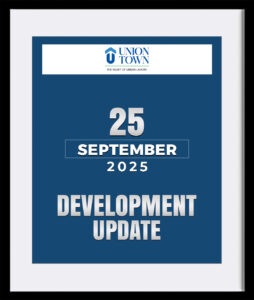Every year the Pakistan government introduces a finance bill, which deals with taxation, determining the tax rates of every income group, and introducing businesses and salaried people. The terms filer and non filer are the most frequent words you hear in every country. Filing taxes might seem like a tough task but the individuals need to enjoy its perks and avoid penalties. This write-up will help you know certain things about filers and non-filers no one will tell you accurately and in easy wording.
What is Filer and Non Filer
Filers are individuals or businesses that file their income taxes regularly and are registered with the Federal Board of Revenue (FBR) of Pakistan. Filers notify the tax authorities in Pakistan of their income, assets, and liabilities regularly. These are the people who are listed in the FBR Active Taxpayers List (ATL).
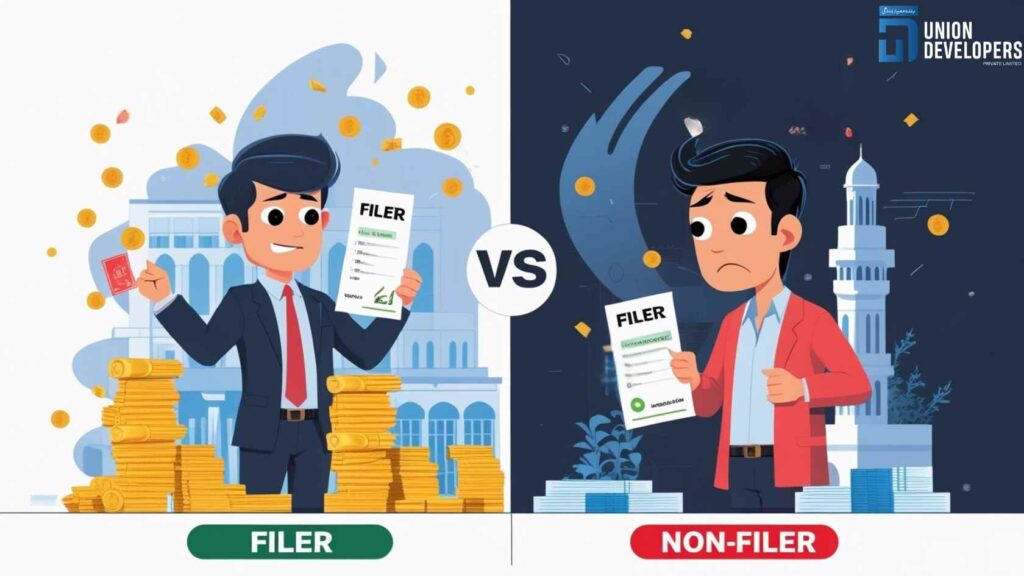
In contrast, non-filers are those individuals or businesses that are registered with FBR but did not register with FBR or submit their income tax returns. Non-filers might be people who unintentionally or intentionally avoid paying their taxes to the government. They can be those people who do not make the required income threshold for filling.
Why is it Important To Be a Filer?
First of all, it is a legal obligation for citizens to become tax filers if they are eligible for it. It is not just a legal requirement but a way to contribute to the overall economy of Pakistan. Filers can enjoy benefits from reduced lower taxes on things like vehicle registration or property deals.

If you don’t become a filer or file your tax returns, you could face penalties and higher tax rates.
Who is a Tax Filer? Are You a Tax Filer?
To know if you are a tax filer, you must know the income threshold. Individuals who earn over PKR 600,000 per annum need to file a tax return and become filers.
Whether you are a Pakistani citizen or not, you must pay your tax returns on your taxable income. If you are 18 or older, then you are eligible to file your taxes in Pakistan.
How to Become a Filer?
There are two ways to become a filer in Pakistan: first, physically visiting the nearest Regional Tax Office and second, doing online registration.
You can visit the nearest regional tax office and fill out the National Tax Number (NTN) form. Submit the required documents, like the Computerised National Identity Card, bank statement, proof of residence, and employer certificate, only for employees.
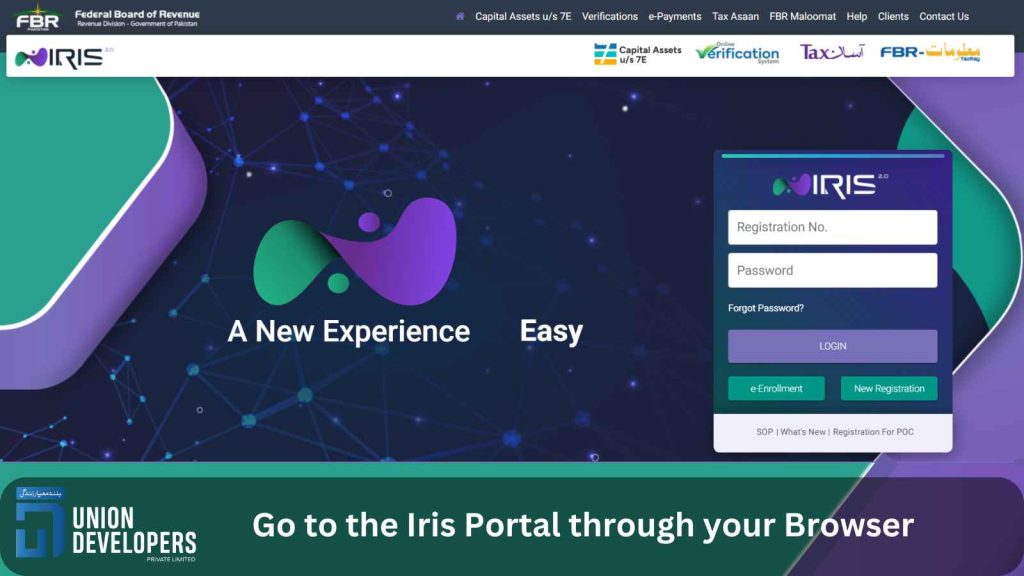
Now the tax regulatory authorities have improved the tax system of Pakistan. FBR has launched an online registration where users can now log into the FBR IRS portal and fill out the online form for tax filing conveniently. The FBR issues the NTN number, which is now the CNIC number of the Pakistanis.
Consequences for Non-Filers
The government of Pakistan issued various statements about non-filers who are liable to pay taxes but have not yet. If we talk about the consequences of not filing taxes, the first one is a limitation on buying properties. Non-filers cannot buy property that exceeds a certain limit and they can’t buy vehicles. Non-filers will have to pay a huge tax on buying any vehicle and will pay more than filers on transactions and bank profits.
The FBR has also issued the order to block the mobile SIM of non-filers who are liable to pay income tax. In the recent update, Section 114B of the Income Tax Ordinance 2001 (which was added to the Finance Act 2022) is the highlight. This section grants the FBR powers to issue ITGO concerning persons who are not appearing on the active taxpayers list to block their SIMs, or mobile phones and discontinue the gas and electricity connections.
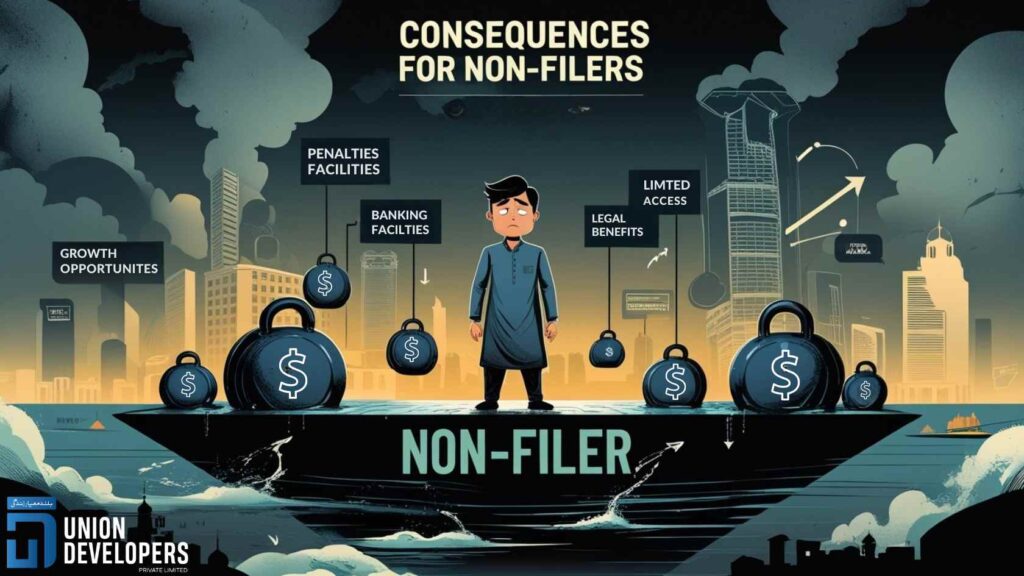
Moreover, the government is also thinking of putting a travel ban on the non-fillers, which will put further pressure on them. To further encourage the filing of tax returns, it is possible that the government of Pakistan will impose a travel ban on Pakistani citizens.
Benefits of Becoming a Tax Filer in Pakistan
There are many advantages to being a filer and the most prominent is the reduced tax rates on different financial transactions. Let’s look at some of the examples according to the Finance Act 2024:
Bank Transactions: Filers are subject to withdrawing tax of 0.3% on cash withdrawals if the amount exceeds PKR 50,000 in 24 hours. Non-filers will have to pay 0.6 for cash withdrawals.
Property Transactions: Filers pay a withholding tax of 1% of the property’s value. On the other hand, the non-filers pay a 2% tax.
Vehicle Registration: Filers can benefit from the lower tax rates on vehicle registration. For instance, the tax rate for filers registering a 1000cc car is PKR 10,000. However, non-filers pay PKR 30,000 in tax, which is quite a difference.
Access to Financial Services
If you are a tax filer, you can open up access to various financial services:
Bank Loans and Credit: Banks prefer lending to filers due to their compliance with tax laws and verified financial status. This results in areas having access to business and personal loans, with higher credit limits.
Credit Card Approval: Filers often get quicker approvals and higher limits on credit cards.
Mutual fund: Various exemptions and lower tax rates on profits.
Reduced Airport Tax: Filers pay a power airport tax when they travel abroad. For instance, the airport ticket tax for filers is PKR 15,000. And non-filers pay PKR 30,000. Moreover, non-filers will face a travel ban as well.
If you want to know the process of becoming a filer, then this guide will help you a lot. Now, let’s have a look at the common differences between filers and non-filers in easy words.
| Aspect | Filers | Non-Filers |
| Definition | People who file income tax returns annually. | People who don’t file income tax returns. |
| Tax rates | Lower on various financial transactions and income. | Higher |
| Withholding Tax on Bank Transaction | Reduced tax on cash withdrawals and transactions. | Higher |
| Vehicle Registration | Lower tax rates for vehicle registration. | Higher tax rates |
| Property Transactions | Lower taxes | Higher taxes |
| Eligibility for refunds | Eligible for tax refunds if overpaid. | Not eligible for tax refunds. |
| Penalty Risk | Compliance with tax laws, avoiding penalties. | May face penalties or legal action for non-compliance. |
| NIC Verification | A National Identity Card (NIC) is linked with tax records, simplifying the verification process. | NIC is not linked to tax records, resulting in additional scrutiny. |
Conclusion
Are you a tax filer? If you are, is it necessary to register as a filer? Well, yes, being a tax filer in Pakistan not only ensures tax compliance but also provides various financial and social benefits. Lower tax rates, travel perks, and easier access to financial services are not available to non-filers. If you are not a filer, now is the best time to become one, as the new year 2025 has just started.


